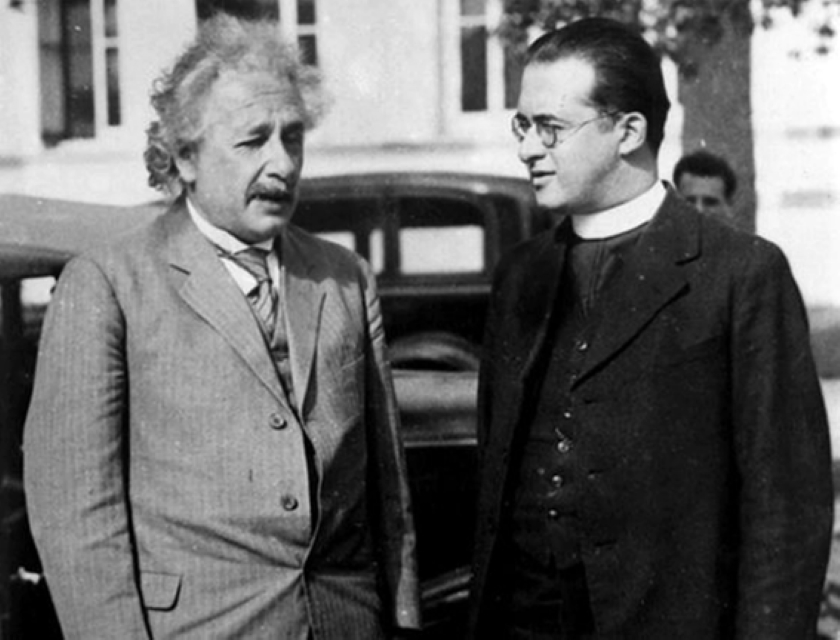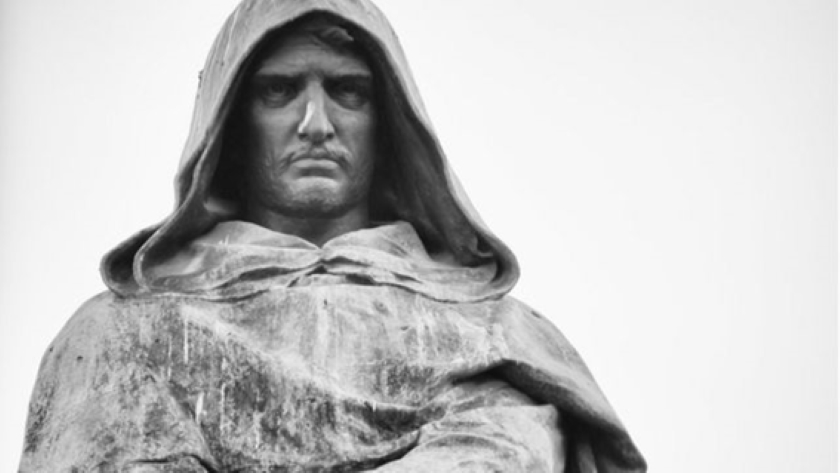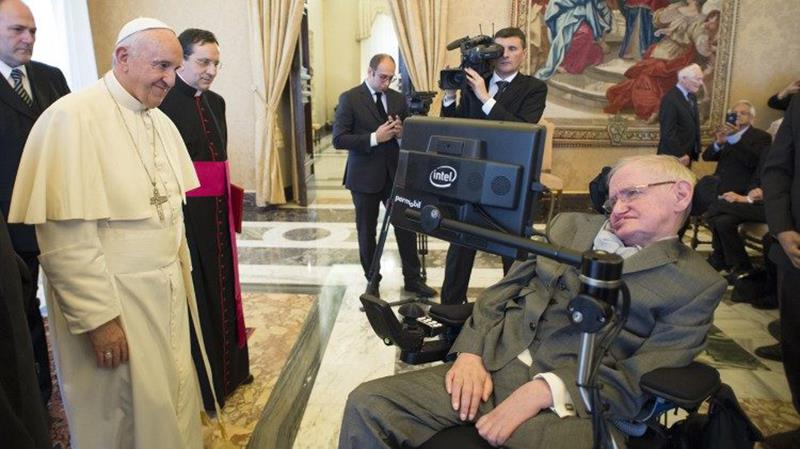We grew up with the idea that religion It has only hindered the development of mankind which it has always been diametrically opposed to Science. Reconciling these two terms seems impossible. This mythical relationship is not as simple as it seems. In this article, we will introduce 3 events that prove that all this idealism of the Catholic Church and science is nothing but fallacies and stereotypes of Hollywood.
3 times religion was on the side of science
Which Teoria does Big Bang
The the great explosion It is a physical attempt to explain the origins of the universe. This theory states that the entire universe began from a single state that expanded for at least 13.8 billion years. This idea seems to be quite contrary to what the Catholic Church preaches, however, the theory was developed by a Jesuit father. George Henry Edward Le Maitre, a Belgian Catholic priest, physicist and astronomer, proposed what became known as the origin of the universe, which he used to name the “elementary atom hypothesis” which soon became popular as the Big Bang theory.

Georges Henry Edward was born in Charleroi (Belgium) in 1894. He was always a Catholic and passionate about science and engineering, but he had to interrupt his studies at the age of twenty to defend his country in the First World War. After this experience, Lemaître realized his vocation to be a priest, which his studies never required, and began his work at Cambridge University, ending up earning his Ph.D. at the former Massachusetts Institute of Technology (MIT).
Even Einstein claimed the most beautiful theory to explain the origin of the universe, but being an atheist, the scientist for a long time doubted the priest’s calculations, because the idea model was accompanied by a divine origin, and he and other astrophysicists did not like it.
The death of scientists for their scientific concepts
Many modern historians have disproved the idea that the Middle Ages were the “Dark Ages”, with little scientific progress. We learn that scholars such as Giordano Bruno and Galileo Galilei were burned alive for refuting Catholic doctrine with their scientific theories. However, according to historian Ronald Numbers, author of Myths and Truths in Science and Religion: A Historical Perspective (Myths and Facts in Science and Religion: A Historical Perspective), this is all a misunderstanding. They are, in fact, “burned alive” because of their heretical ideas of Christ’s deity and Mary’s virginity, not because they believed in the infinity of the universe. Hollywood has contributed so much to these stereotypes being considered true, for example, autopsy was never banned by the Catholic Church, it was an idea that appeared in films in the 19th century.
Historian John Heilbron, of the University of California, in the book The sun in the church (The Sun in the Church, Unprecedented in Brazil) states that the Church was the institution that provided the most funding for the study of astronomy during the six centuries from the early Middle Ages to the Age of Enlightenment. There were cathedrals that served as observatories and in one of those cathedrals – the Basilica of San Petronio, Italy. The astronomer Gian Cassini confirmed the theory of the German Johannes Kepler, noting that the orbits of the planets are elliptical.

The first scientific academy in the world
Founded in Rome in 1603, in the modern era, in the name of Lynx Academy By Federico Cesi, the Pontifical Academy of Sciences was the world’s first scientific academy and Galileo Galilei was one of its members. Currently, it has about 80 “papal scholars”, appointed by the Pope, under the indication of an academic body that is not denominational in their selection, and many of its members are not Catholic.

One of the world’s most famous scientists was part of this academy: Stephen Hawking, who was a great British physicist and responsible for the great contributions to modern astrophysics, got to know the four popes: Paul VI, John Paul II, Benedict XVI and Francis. . Although he was a non-believer, he made it clear that he would like to “strengthen the relationship between faith and scientific reason.”
________________________________________________
By Leticia Ferreira Soares Azevedo – Raise Your Voice! Not connected

“Wannabe internet buff. Future teen idol. Hardcore zombie guru. Gamer. Avid creator. Entrepreneur. Bacon ninja.”
